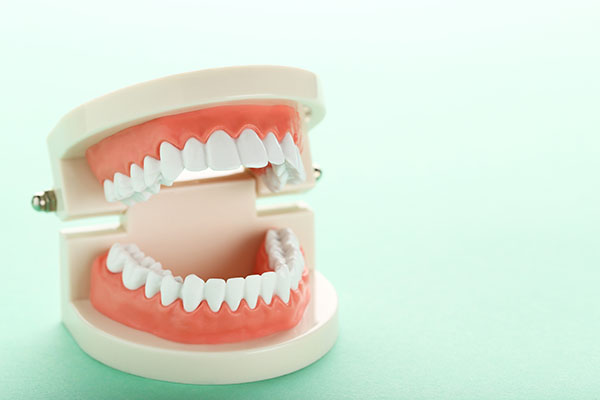Considering the Pros and Cons of Dental Bonding
 Dental bonding is an affordable way to fix many restorative and cosmetic dental issues, and it is often completed during a single visit. The materials used are made up of mixtures of plastics and glass, and they are color-matched with the rest of the patient’s teeth.
Dental bonding is an affordable way to fix many restorative and cosmetic dental issues, and it is often completed during a single visit. The materials used are made up of mixtures of plastics and glass, and they are color-matched with the rest of the patient’s teeth.
It is a non-invasive way to repair teeth, and there is no need to make any permanent alterations to the tooth. Patients do not experience any pain when getting their teeth repaired with composite bonding so dentists rarely use any anesthetics when performing the treatment.
Benefits and disadvantages of repairing teeth with dental bonding
Dental bonding is one of the more affordable treatments provided by dentists, and it typically takes only one trip to the dentist to repair the patient’s teeth. Other important benefits that come with composite bonding include:
- Looks natural: The composites used to repair teeth during composite bonding can be color-matched with the patient’s natural teeth so restorations look natural. The composite can be molded as desired so the repaired tooth has the same size and shape as the rest of the person’s teeth.
- Takes less time: Getting restorations like crowns and veneers typically require two visits to a dentist. That leads to having to take more time off from work, school, and other activities. Direct composite bonding is completed during a single visit, so patients only have to interrupt their schedule once to get the dental treatment they need.
- Low maintenance: Repairs made with composite resins do not require any special maintenance to keep them in great condition. Brushing and flossing are all it takes to maintain these restorations. It is worth noting that composites pick up stains more easily than real teeth, so people with teeth that have been repaired with composite should try to avoid beverages and foods that can stain their newly repaired teeth.
- Non-invasive approach: Repairing a tooth with composite does not require oral surgery or removing enamel for the tooth being treated. Local anesthetics are typically not used since patients do not feel pain during the treatment. The dentist might use a local anesthetic if repairing decay with the composite, so the patient does not feel pain and decayed teeth material is removed from their teeth. There is no need to remove enamel when restoring teeth with composites.
While dental bonding provides many benefits, there are also a few drawbacks you should be aware of before making a decision. The main drawbacks include being more susceptible to stains than real teeth, being prone to getting chipped, and not being as durable as other restorations like crowns. Fortunately, repairs made with composites can be topped off as needed to tackle these issues.
Explore dental bonding with us
Dealing with damaged, discolored, or deformed teeth? Call or visit our Albuquerque clinic to schedule an appointment with our dentist to learn more about composite bonding and other ways teeth can be repaired.
Request an appointment or call Roderick A. Garcia, DMD PC at 505-634-5029 for an appointment in our Albuquerque office.
Recent Posts
Dental bonding is not a permanent solution. This is in contrast to dental veneers, which are considered a permanent solution and are used for similar reasons as dental bonding. However, dental bonding can last for several years if the teeth are cared for properly.The following discussion highlights what the dental bonding procedure involves and why…
Different restorative dental procedures like dental bonding are available to help people achieve a safe and appealing smile. Dental bonding is a highly efficient and relatively simple dental procedure. The process uses unique composite resins to enhance the appearance of a person's smile, and the dentist can complete the procedure in only one appointment.Dental bonding,…
Dental bonding can fix minor to moderate concerns with teeth, such as chips, cracks, worn-down enamel, and more. Read on to learn more about dental bonding and its uses. It is helpful to understand how dental bonding can benefit your oral health to determine if treatment is right for you or if another form of…


